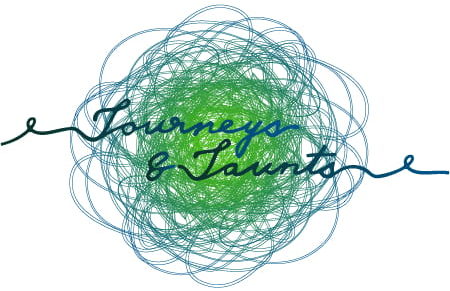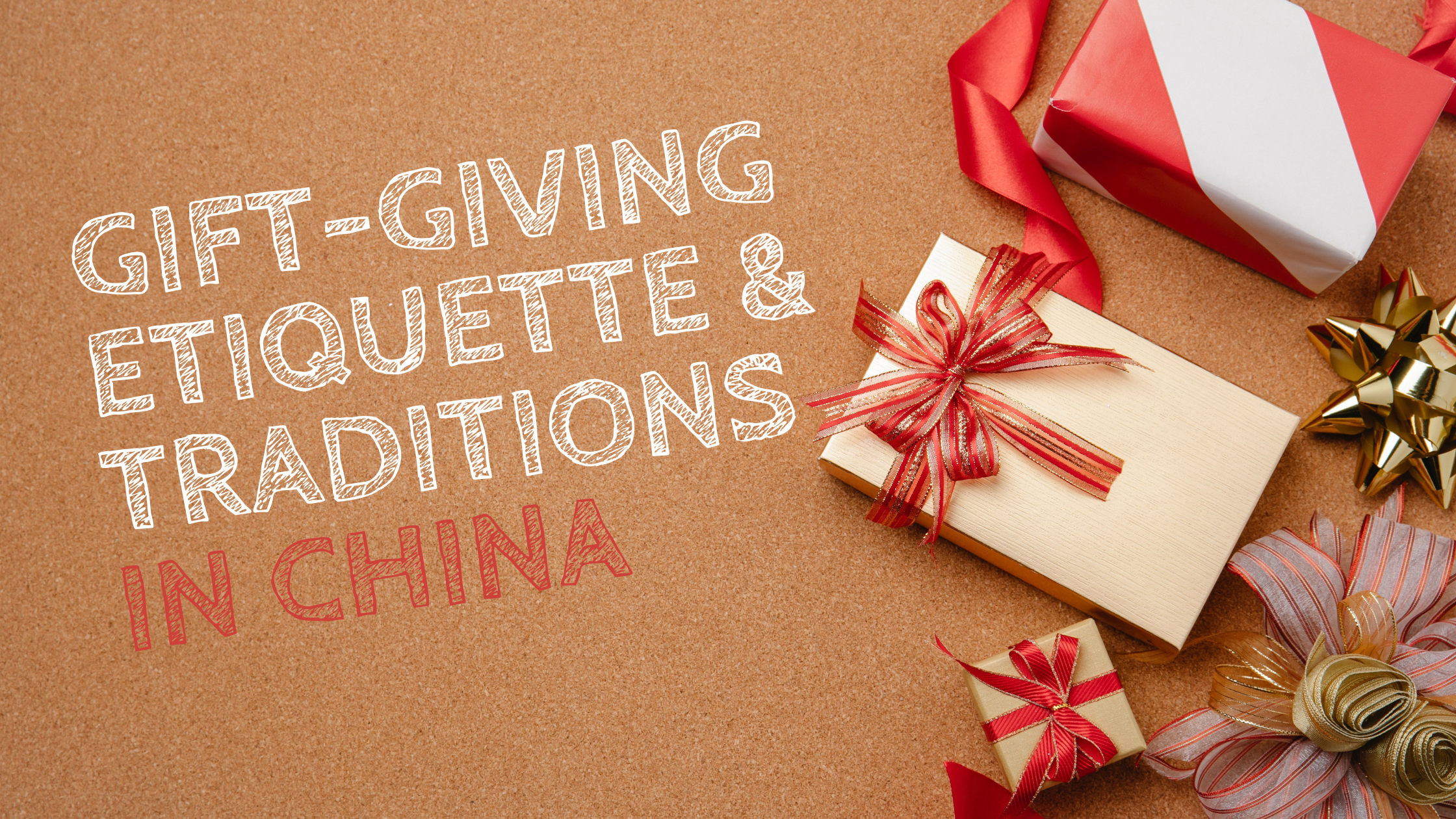The most important Chinese festival – Spring Festival or Chinese New Year is coming up. And, an important part of celebrating is gift-giving. While children receive mostly money from their parents and grandparents, you will definitely not be amiss in wanting to give those you are close to another gift for this special occasion. Choosing a present for Westerners is mostly not a big deal. We hardly have any taboo or inappropriate gifts, so if your relationship with the person you are gifting a present to is good, you will probably easily find something suitable. But what if you want to give a nice Spring Festival gift to a Chinese colleague or to a Western friend but according to all Chinese traditions? What will be considered appropriate gifts? What is gift-giving Etiquette in China? Here’s the answer: in China, this is a very important question because you can get into trouble and “bring” bad wishes along with your gift. And, of course, we don’t want that, do we?
Let’s have a look at the gift-giving trends of the past decades. In the 1950s, there was a food deficit in China, so the best kind of gift at that time was different foodstuffs. In the 1960s, when there was enough food served in the canteens of a person’s danwei (单位, or place of work) but politics were all the rage, the most popular gifts were the books Mao Zedong’s Collections or Quotations of Chairman Mao. Do I need to mention that those books influenced an entire generation? The 1970s were the time of the “Cultural Revolution”, and the best gift was called “three pieces of treasure” – a washbasin, a towel and a china cup (usually, all the items were adorned with red stars and revolutionary slogans). In the 1980s, the trend went back to food items (mostly cakes or other desserts, but tea and sugar were also welcome). In the 1990s, after the market economy had developed, people became more wealthy, and fashionable gifts became popular (such as watches and sunglasses) but good tea, wine and cigarettes played the main role. In the new century, the 2000s, giving healthy things has become popular as a gift, but people will on occasion also give luxuries such as cosmetics, jewelry, high-grade tea or wine.
Nowadays, there is an additional gift-giving etiquette in China you should pay attention to, which includes choosing, wrapping and presenting your gift. Sometimes, it feels like the presentation is even more important than the gift itself!

The most popular present around Spring Festival, however, remains money in a red envelope – called “hóng bāo (红包)” in Chinese. The Chinese always give them on weddings or during Spring Festival, but other occasions are also acceptable. The only thing you have to avoid is choosing an amount including the number four because in Chinese culture – four, or sì (四) sounds similar to 死 (sǐ, death).
If you are ready to spend a lot of money, some art work or jade will also be a good present, especially if a person collects such things.
Another valuable gift is a Chinese seal with a painting, calligraphy or poetry engraved on it. Especially when it is made of jade, carnelian or other semi-precious materials, a seal with the receiver’s name could also be a very sweet gift.
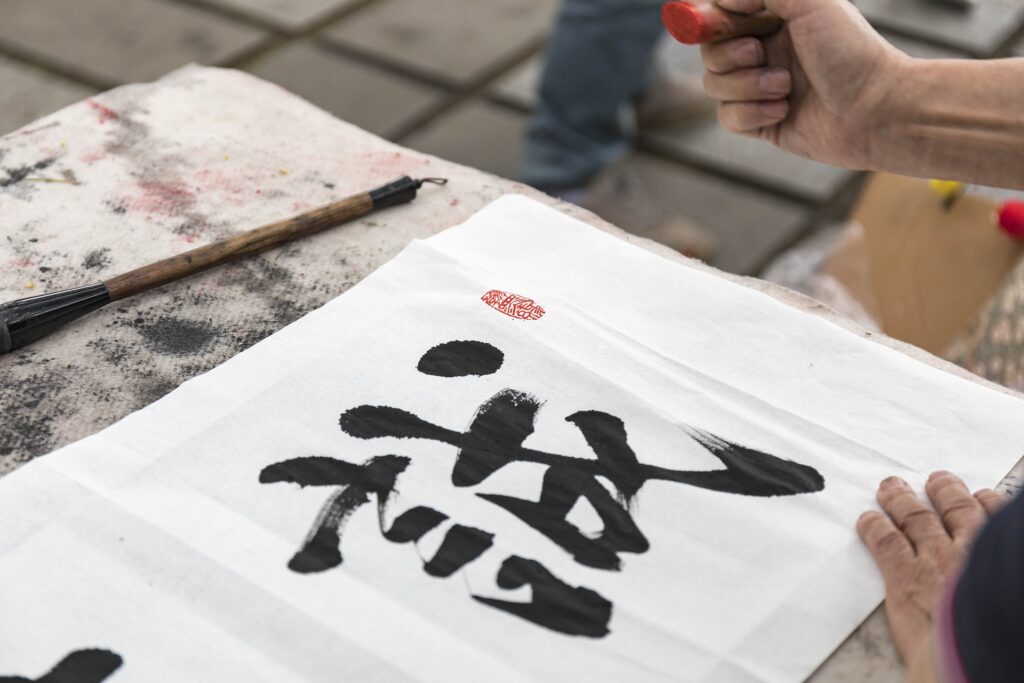
China is a country with a very rich history, and if the present represents part of that history, that is always a very good idea. Chinese shadow puppets, water calligraphy practice copybooks, Chinese musical instruments, Chinese porcelains, Chinese combs, fans, oil-paper umbrellas, Beijing opera masks, kites, Chinese knots, snuff bottles, Chinese paper cuts, the cheongsam (“qipao”), or even Chinese embroidery are all good choices. Your Chinese friends will be pleasantly surprised of your knowledge about Chinese “traditional” gifts and will be happy to decorate their homes with them. And your Western friends will be pleased to get something unusual and with a long history.
Chopsticks, one of the most famous Chinese things outside of China, are also a good gift. Usually, they are made of wood and symbolize heaven on the round part you are eating with and earth on the square side. There is a saying that the reason chopsticks are shaped that way is because maintaining an adequate food supply is the greatest concern between heaven and earth.

Another good choice for a gift is Chinese tea. There are around 1500 different kinds of tea in China. And as we already know, tea has been a good gift for a very long time. Tea houses and shops will help you find the right tea for your friend.
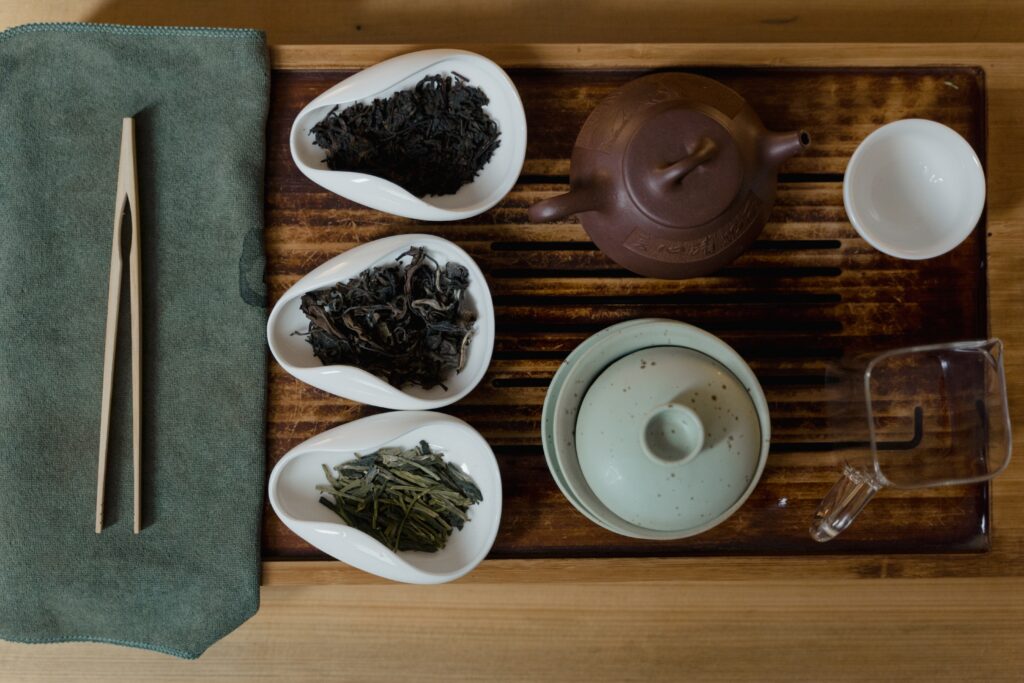
As you might know, all panda bears on the planet are the property of China, so what better symbol for this country? A toy panda cannot be a bad gift. Children (and many a young lady) love them and will be very happy to receive this cute black and white animal as a present.
Once you have made your choice of the perfect gift comes the next step – wrapping it correctly. The potential pitfall here is in choosing the right colors for the wrapping paper or gift boxes. Some colors are appreciated and some have bad meaning, so be especially careful. The best colors are red (which symbolizes luck), gold (which stands for fortune and wealth), and pink and yellow (which mean happiness). So, it might be best to stick with those colors – so as not to encounter any awkwardness. And make sure to avoid white, black and blue, because they are used in funerals and symbolize death.

According to gift-giving etiquette, you should present your gift with both hands. This shows your politeness and is seen as a sign of respect.
As mentioned before, there are some taboos in choosing a gift. If you fail to learn about them, your face may turn as red as that of British Minister Lady Kramer in 2005. She presented a “taboo” watch as a gift to Taipei’s mayor. In Mandarin, watch or clock is pronounced “Zhong” which means “the end”. If you give this, you say: “your time is up” and this is offensive, especially for elders.

Also: if you have a Chinese girlfriend or boyfriend never present them with an umbrella or a pear, because in Chinese, umbrella is pronounced “San” and pear is pronounced as “Li”. Both of those sounds mean “separation”. So, if you don’t want to break up, choose another gift.
And another thing to avoid is giving a green hat to a man, because there is a Chinese expression of “wearing a green hat” that means that his wife has an affair. You might provoke marital strife if you fall into this gift trap…
Shoes are also an unacceptable present for non-family members. Shoe, or “Xie” in Mandarin, means “evil”, so shoes as a gift will bring bad luck. Also, in Chinese, there is the saying of “giving someone tight shoes to wear” meaning “making things hard for somebody”, so this is obviously not a great gift choice for a friend.
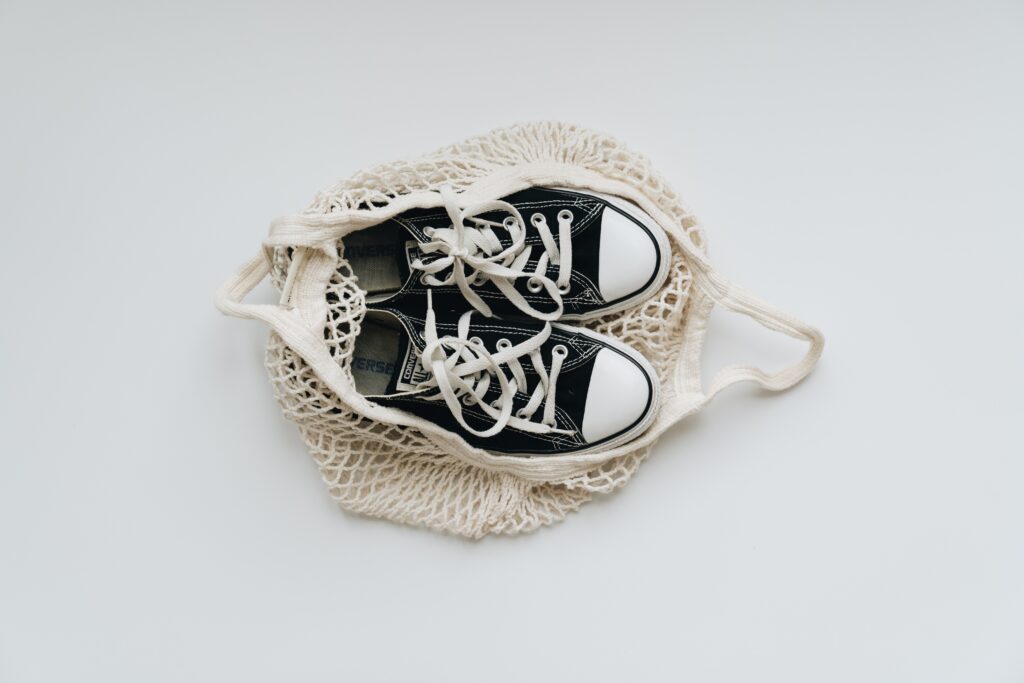
Now you know everything about gift-giving, so, you can feel safe during the coming Spring Holiday and won’t commit any horrible faux-pas. Happy gift-giving, everyone!
